Anxiety, Worry & Panic: Effective Strategies to Calm the Anxious Mind – JENNIFER L. ABEL (Digital Seminar)
Description:
Do you want to gain powerful techniques for your clients who struggle with treatment-resistant anxiety, worry and panic? Learn how to assess anxious habits, symptoms and behaviors using effective cutting-edge, evidence-based strategies…even with your toughest clients!
Dr. Jennifer Abel will teach you how to stop the anxiety spiral early to significantly reduce the habit of worry and panic using self-controlled desensitization. Experience how evidence-based treatments can help your clients problem solve, reduce tension, and increase energy. Learn unique, effective approaches to mindfulness, cognitive therapy, and exposure, including thought-labeling, interoceptive exposure, and better-but believable thoughts.
Case studies, role plays, demonstrations and interactive discussions will be utilized in this cutting-edge recording.
Outline:
Anxiety Spirals, Panic and Early Cue Detection
- Examples of Worry Spirals and Panic Spirals
- The Empirical Evidence
- 3 Benefits of Catching Anxiety Early
- Reminders for Catching Anxiety Early
Mindfulness
- Move Toward Relaxation vs. Away From Anxiety
- Process vs. Command
- Present Focus – Mindfulness as a Relaxation Tool
- Acceptance
- Observation of Thoughts and Emotion
- Labeling of Thoughts and Emotions
- Observation and Labeling Game
Self-Controlled Desensitization (SCD)
- Rationale for SCD
- Formal SCD
- In-Session SCD
- Active Relaxation
Cognitive Therapy
- An Alternative Way to Do Cognitive Therapy – B3s
- Find Alternative Thoughts
- The Role of “Shoulds” and “Need To’s”
- Change to “Want To’s”
- The Humor of Worry
- Deal with Superstitious Worry
- Limitations of Research and CBT Interventions
Problem Solving
- Worry Prevents Problem Solving-Evidence
- 4 Ways to Do Problem Solving
OCD-Like Symptoms in Panic and Worry
- Dangers of a Poor Assessment
- Stop Encouraging Avoidance and Escape
- Assess for Negative Reinforcement
- Remove Crutches
- Traditional Exposure
- Interoceptive Exposure for Panic
- Finding and Flooding “The Real Worry”
- Risks Associated with Treatment of Panic
- Related Research Limitations
Reduce Tension and Increase Energy
- Progressive-Muscle Relaxation
- Quick Alternatives to PMR
- Energy Conservation
Problems That are Often Treatment Resistant and How to Approach Them
- Illness Anxiety Disorder and Fear of Untimely Death
- Perfectionism
- Subjugation
- Catastrophizing/Intolerance of Uncertainty
- Procrastination
NLP online course
So what is NLP?
Firstly, NLP stands for Neuro-Linguistic Programming. Secondly neuro refers to your neurology;
Thirdly linguistic refers to language however, programming refers to how that neural language functions.
As a result,In other words, learning NLP is like learning the language of your own mind!
Moreover, NLP is the study of excellent communication–both with yourself, and with others.
It was developed by modeling excellent communicators and therapists who got results with their clients.
NLP is a set of tools and techniques, but it is so much more than that.
In conclusion, It is an attitude and a methodology of knowing how to achieve your goals and get results.
Preview Information:
Original Page
Archive Page
More Course: NLP – HYPNOSIS – PHILOSOPHY
Outstanding Course:Clinical Virtual Reality Treatments – ALBERT…


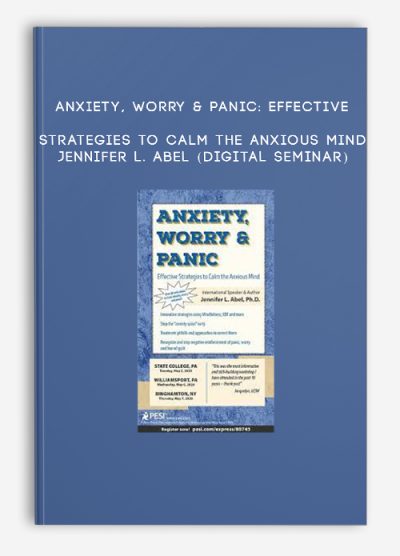
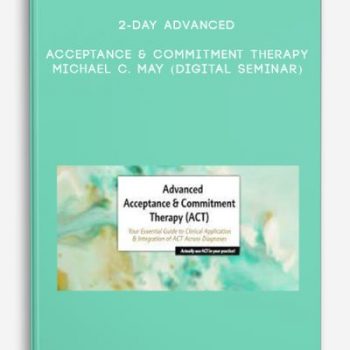
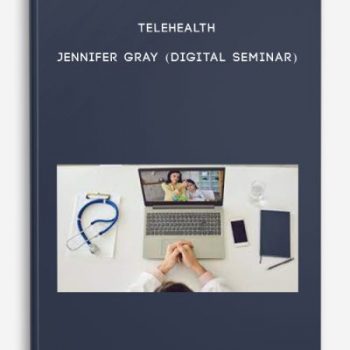
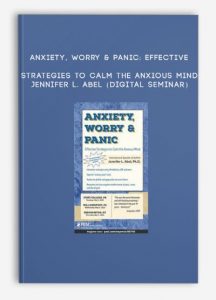
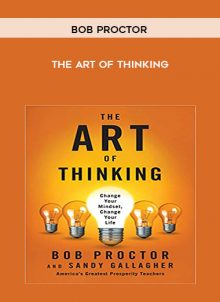
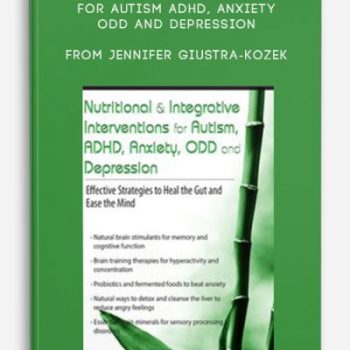
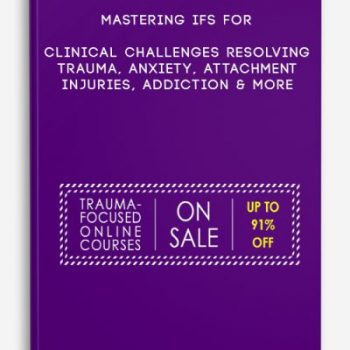
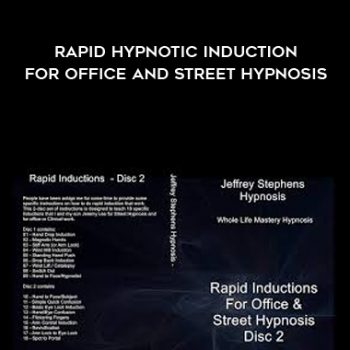

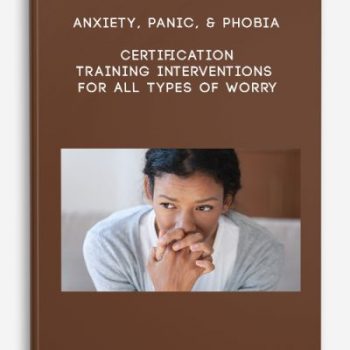

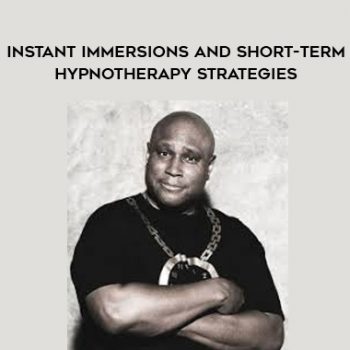
Lord –
This is Digital Download service, the course is available at Vincourse.com and Email download delivery.